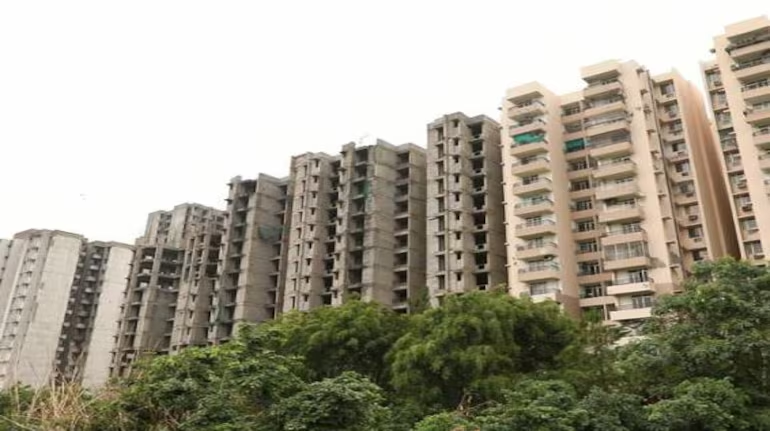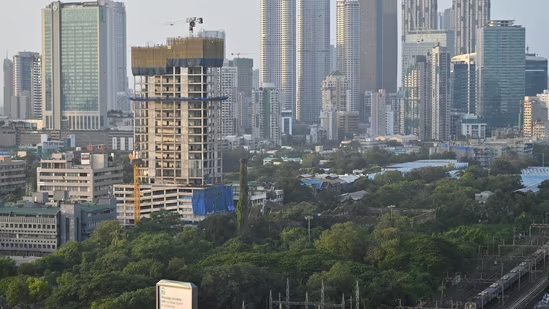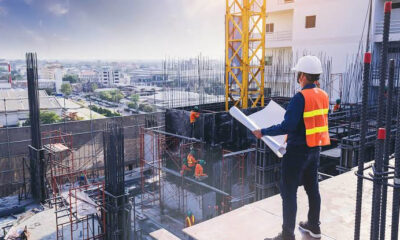Guest Column
Housing India’s Construction Workers




The construction sector is one of the largest employment generators in India, and the country will need approximately 76.5 million workers in the building, construction and real estate sector by 2022. Despite it being a job creation engine for people from the economically weaker section of society, the basic working conditions of construction workers have been long ignored. Migrant workers are the most vulnerable – they are more often than not forced to work under inhuman conditions, and are simultaneously bereft of any real bargaining power.
Under the labour laws, migrant construction workers are entitled to housing and other social security benefits apart from minimum wages, overtime payments and weekly offs. However, on the ground, the implementation of this clause of the labour law has been abysmal. In far too many cases today, it can be said that the bottom line literally consumes the bottom of the pyramid.
Without a doubt, a more humane approach needs to be taken towards migrant construction workers. It has previously been suggested that the amount collected through construction cess can and should be used for providing rental accommodation to migrant workers. At present, around Rs. 20,000 crore collected through construction cess is lying unused.
It also should be the responsibility of the developers to ensure that the working conditions for their construction workers meet some basic standards. Providing decent makeshift accommodation, crèches for their children and proper sanitation facilities should be the part of their corporate social responsibility programme. As a matter of fact, quite a few developers do take this seriously and provide such facilities – but they are far outnumbered by those who don’t.
The Government and enforcement bodies should ensure that the tenets of the labour laws drafted to protect migrant workers are strictly and conscientiously enforced. These workers are an important part of the entire eco-system of the real estate industry – and, therefore, the economy as a whole.
-



 News4 weeks ago
News4 weeks agoKW Delhi 6 Mall Onboards New Brands
-



 News4 weeks ago
News4 weeks agoManasum Senior Living Launches IKIGAI GOA, A Senior Living Community in North Goa, in collaboration with Prescon Homes
-



 News4 weeks ago
News4 weeks agoBridging India Divide: Top 5 Tier- 2 Cities to Focus On
-



 News4 weeks ago
News4 weeks agoCommercial Realty Gets Tech Savvy: Fast Construction, Enhanced Convenience
-



 News3 weeks ago
News3 weeks agoGodrej Properties Sells Rs 3k cr+ Homes of Godrej Zenith, Gurugram, within 3 days
-



 News4 weeks ago
News4 weeks agoMultipoint Connection – A Definite Boon
-





 News3 weeks ago
News3 weeks agoRBI’s Status Quo on Key Policy Rates to Help Maintain the Real Estate Growth Momentum, Say Industry Stalwarts
-



 News2 weeks ago
News2 weeks agoOlive Announces Dhruv Kalro as Co-Founder























